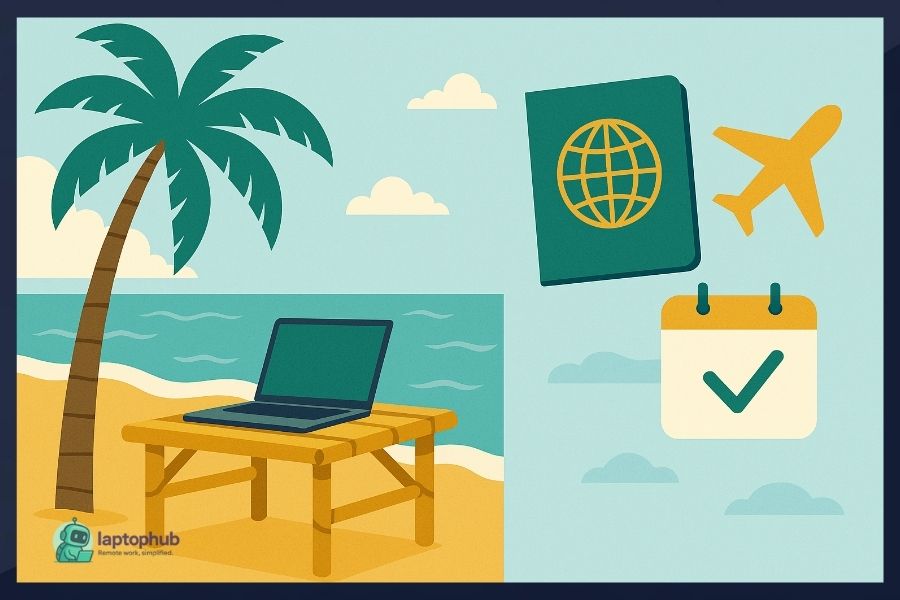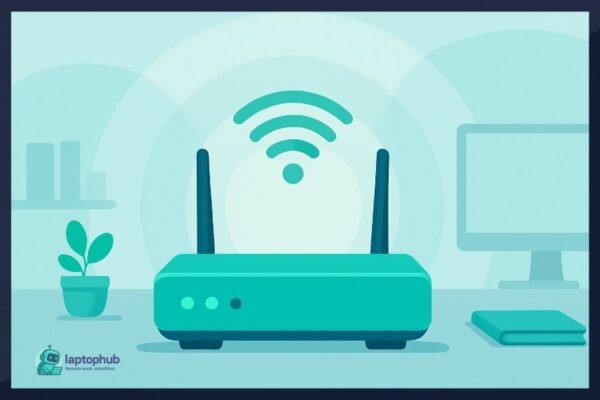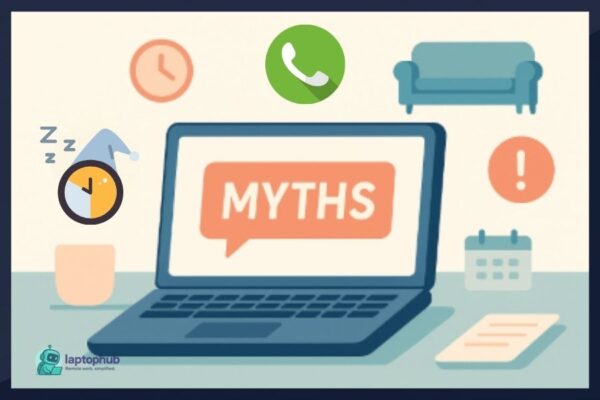Why settle for working at your kitchen table when you could set up your office by the ocean in Cebu? The Philippines digital nomad visa opens the door to an entirely new way of living for remote workers—offering the freedom to earn from anywhere while exploring one of Southeast Asia’s most vibrant and affordable destinations.
💡Key takeaways:
- The Philippines Digital Nomad Visa allows remote workers to live and work legally in the country for up to one year, with renewal options.
- Applicants must meet specific eligibility requirements, including proof of remote income, valid health insurance, and a clean record.
- The visa offers benefits like legal work status, access to services, and cultural immersion, while also presenting challenges such as tax implications and inconsistent infrastructure.
- With the program launching soon, the Philippines positions itself as a top tropical destination for digital nomads seeking lifestyle freedom and affordability.
Why Choose the Philippines?
The Philippines, an archipelago of over 7,600 islands, offers a unique blend of natural beauty, affordable living, and a welcoming English-speaking community. Whether you’re surfing in Siargao, diving in Bohol, or exploring Manila’s vibrant culture, the country provides an ideal backdrop for remote work.
Understanding the Digital Nomad Visa
In April 2025, President Ferdinand Marcos Jr. signed Executive Order No. 86, introducing the Digital Nomad Visa (DNV). This visa allows foreign nationals to live and work remotely in the Philippines for up to one year, with the possibility of renewal for another year. The initiative aims to invigorate tourism and stimulate economic growth by attracting foreign professionals who can work remotely.
Eligibility Criteria
To qualify for the DNV, applicants must:
- Be at least 18 years old
- Hold a valid passport
- Demonstrate remote work for an employer or clients outside the Philippines
- Provide proof of sufficient income (exact amount to be announced)
- Have valid health insurance covering their stay
- Possess a clean criminal record
- Not be employed by a Philippine-based entity
- Be a national of a country that offers similar visas to Filipinos and where the Philippines has a Foreign Service Post
Required Documents
When applying, prepare the following:
- Completed visa application form
- Valid passport with at least six months’ validity
- Proof of remote employment (e.g., contracts, invoices)
- Income verification (e.g., bank statements)
- Health insurance policy valid in the Philippines
- Criminal record certificate from your home country
Estimated Costs
While official fees are yet to be announced, it’s anticipated that the application fee will be around $250 USD, based on similar visa programs.
Application Process
- Online Application: Submit your application through the Philippine government’s official visa portal.
- Document Submission: Upload all required documents.
- Payment: Pay the application fee online.
- Processing: Wait for the visa to be processed (estimated 2-3 months).
- Approval: Receive your visa and prepare for your move.
Benefits of the Digital Nomad Visa
- Extended Stay: Live in the Philippines for up to two years without the need for frequent visa renewals.
- Legal Work Status: Work remotely for foreign employers while residing in the Philippines.
- Access to Services: Open bank accounts, sign leases, and access other services typically restricted to residents.
- Cultural Immersion: Experience the rich Filipino culture and lifestyle beyond typical tourist experiences.
Considerations and Potential Drawbacks
- No Local Employment: Visa holders cannot engage in employment with Philippine-based companies.
- Tax Implications: Depending on your home country’s tax laws, you may still be liable for taxes on your global income.
- Healthcare Access: While major cities have quality healthcare facilities, rural areas may have limited access.
- Infrastructure Variability: Internet connectivity and other infrastructures can vary significantly between urban and rural areas.
Philippines digital nomad visa Pros & Cons
| Pros | Cons |
|---|---|
| 🌅 Stunning natural landscapes | ⏳ Application process may take several weeks |
| 💸 Affordable cost of living | 📶 Internet reliability varies by location |
| 🗣️ English widely spoken | 🛂 Visa requirements still being finalized |
| 🌐 Growing digital infrastructure | 🦟 Tropical climate may not suit everyone |
| 🤝 Friendly and welcoming locals | 🏥 Healthcare facilities vary between urban and rural areas |
Philippine digital nomad visa FAQs
The application process is expected to open later in 2025, following final regulatory adjustments.
The government has not confirmed the minimum income requirement, but it will likely align with regional standards for remote worker visas.
No, the visa only permits work for foreign employers or clients outside the Philippines.
With widespread English usage, low living costs, and beautiful natural settings, the country offers a strong mix of comfort and adventure.
Final thoughts
The launch of the Philippines digital nomad visa is more than a policy shift—it’s a lifestyle invitation. For freelancers and professionals looking to combine purpose, paycheck, and paradise, this could be the most exciting opportunity of the year.





